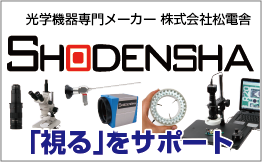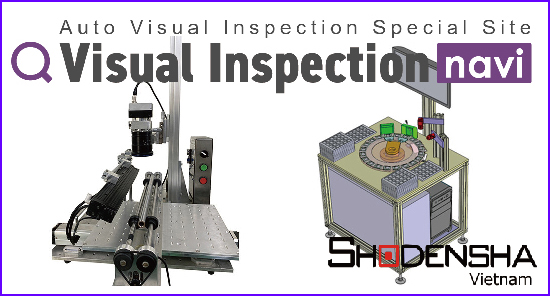Key Features of Telecentric Lenses:
1. No expansion or contraction of images within the depth of field.
→ Enables reduced measurement errors in dimensional measurements.
2. Minimal image distortion due to parallax.
3. When used with coaxial illumination, less unevenness in the brightness of the target object.
There are two main types: bilateral telecentric lenses and unilateral telecentric lenses.
Our company handles both bilateral and unilateral telecentric lenses.
The respective characteristics are as follows:
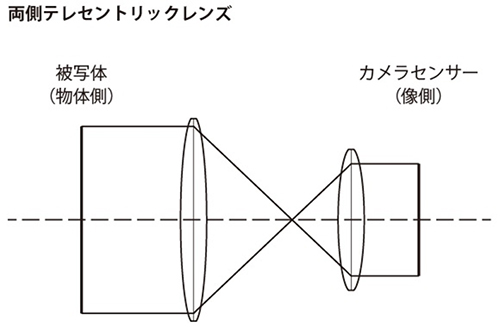
Bilateral Telecentric Lenses
Bilateral telecentric lenses possess a feature where the size of the projected object remains unchanged regardless of alterations in the distance on either the camera sensor or subject side. In other words, by adjusting the distance solely between the lens and the subject, using, for instance, macro extension rings to modify the distance on the camera sensor side, one can alter the distance without changing the magnification. However, as the physical diameter of the lens increases compared to the projected area, larger lens sizes are required for lower magnifications, resulting in higher prices. These lenses are commonly employed in precision measurement devices and projectors.
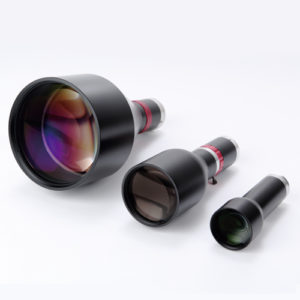
Bilateral Telecentric Lenses
RT1, RT3, RT5
Unilateral Telecentric Lens
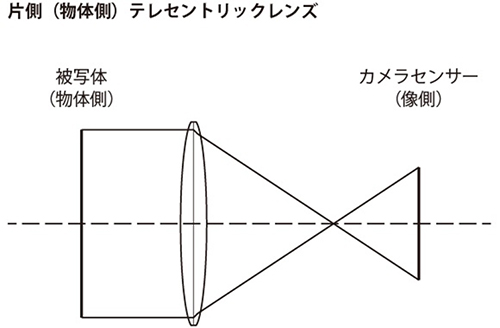
Unilateral Telecentric Lens
This lens has a telecentric lens structure only on the subject side. Unlike bilateral telecentric lenses, changes in the distance on the camera sensor side will alter the size of the projected subject similarly to non-telecentric lenses. Compared to bilateral telecentric lenses, unilateral lenses are smaller in size and more cost-effective. They are sometimes adopted as a replacement for fixed magnification in dimensional measurement applications where macro zoom lenses are unnecessary.
(In addition to the subject-side telecentric lenses we offer, there are also lens-side telecentric lenses where only the camera sensor side features a telecentric lens structure. These are seldom used for work photography with conventional cameras.)
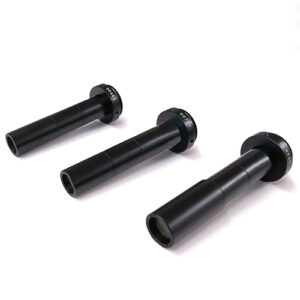 |
Unilateral Telecentric Lenses
|
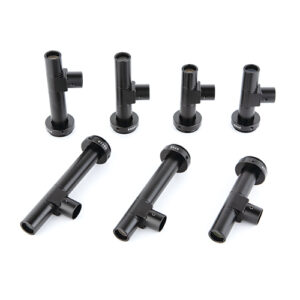 |
Unilateral Telecentric Lenses with Coaxial Illumination
|
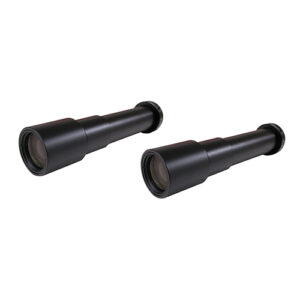 |
Megapixel-Compatible Unilateral Telecentric Lenses
|
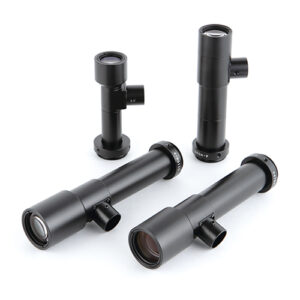 |
|
Specialized Telecentric Lenses
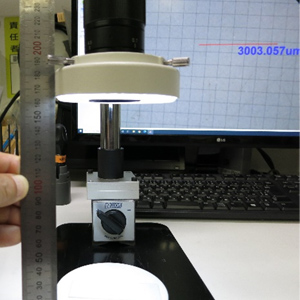
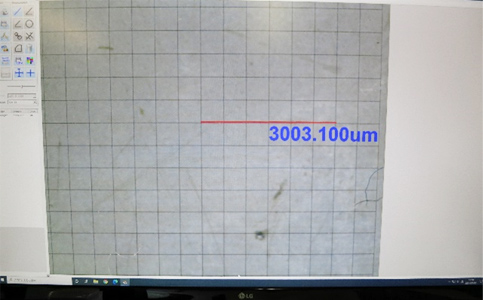
A distance of 170 mm can be secured from the lens tip to the target object.
For this level of magnification, there is not a significant difference in resolution compared to our company’s zoom lenses.
However, it is effective if there is a strong preference for minimizing the size of the lens and camera.
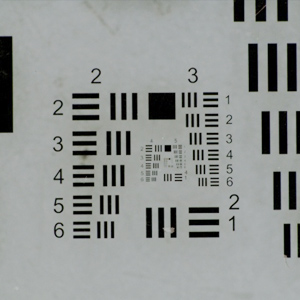
Telecentric Lens
(Focal Length: 170 mm)
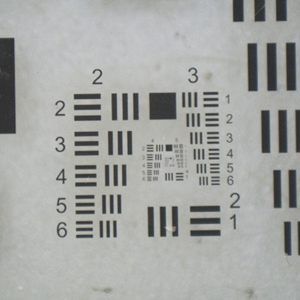
TG Lens + 0.5x Auxiliary Lens
(Focal Length: 170 mm)
Compact High-Magnification Telecentric Lens
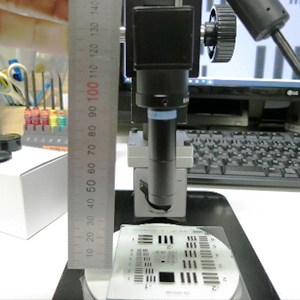 |
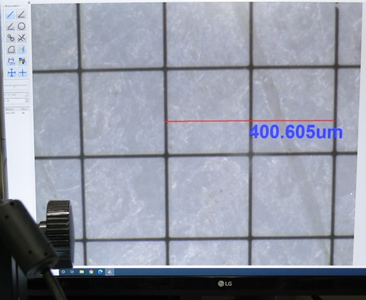 |
The lens is small in size with a focal length of 40mm, making it convenient for installation in confined spaces.
Despite its high magnification, when compared to our zoom lenses, it exhibits a decrease in resolution.
|
Compact High-Magnification Telecentric Lens |
Compact High-Magnification Telecentric Lens |
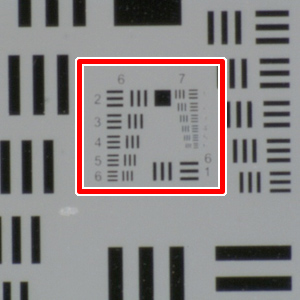 |
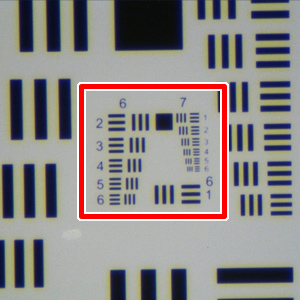 |
| (⇓ Enlarge the area within the red frame above) | (⇓ Enlarge the area within the red frame above) |
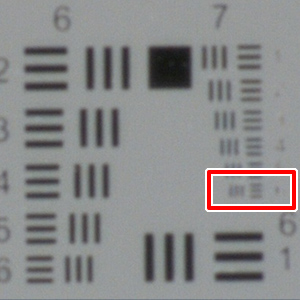 |
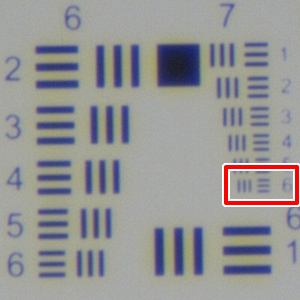 |
The discernment of 2kigou pitch and numeric identification cannot be achieved with telecentric lenses.
(Reference) When viewed through our company’s highest-resolution lens, it appears as follows:
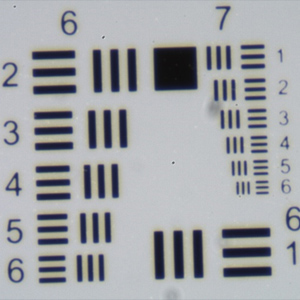
Specialized Telecentric Lens 11

